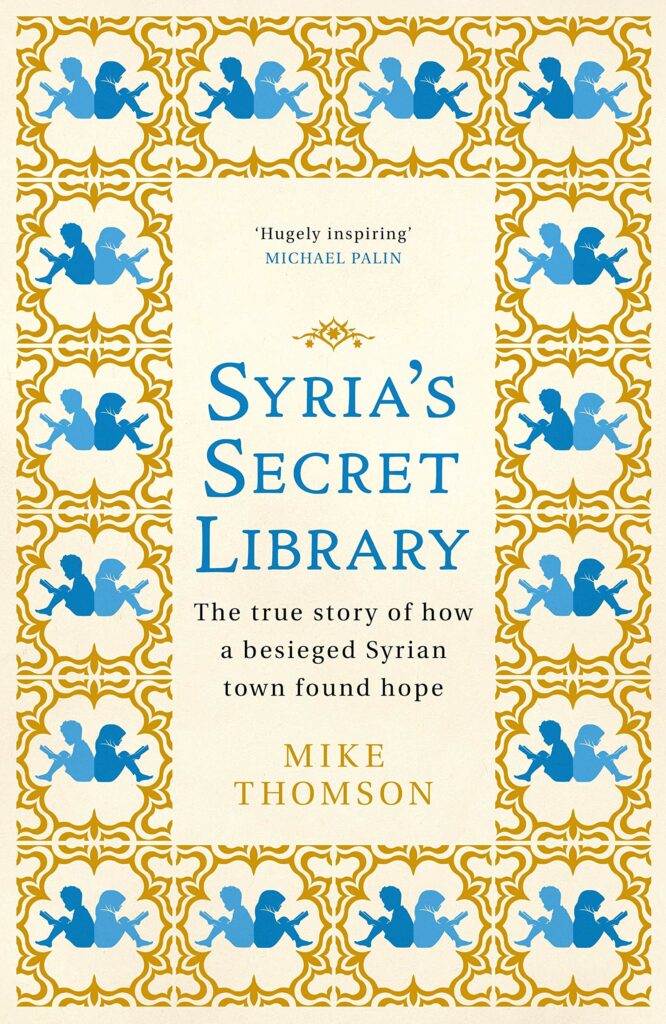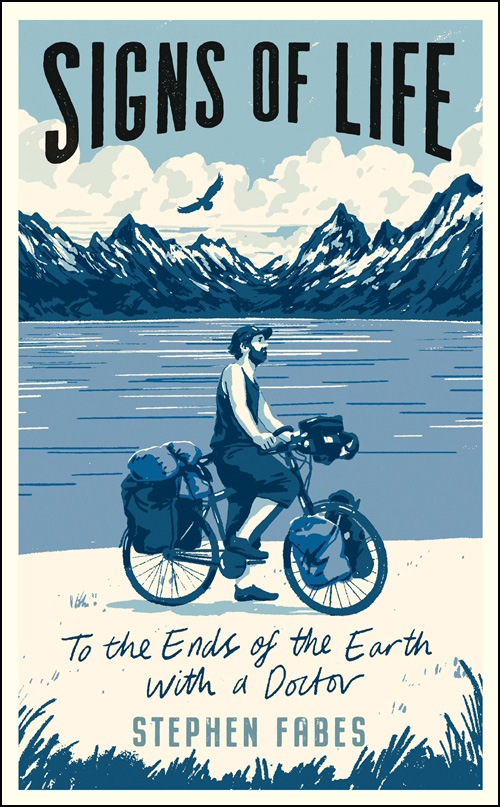The extraordinary story of how the besieged Syrian town of Daraya found hope and inspiration in a secret underground library. Daraya lies on the fringe of Damascus, just south west of the Syrian Capital. Yet it lives in another world. Besieged by Syrian government forces since 2011, its people were deprived of food, bombarded by bombs and missiles, and shot at by snipers. Its buildings lay in ruins; office buildings, shops and family homes shattered by the constant shelling from government forces. But deep beneath this scene of frightening devastation lay a secret library. No signs marked its presence. While the streets above echoed with rifle fire and shelling, the secret world below was a haven of peace and tranquillity. Books, long rows of them, lined almost every wall. Bloated volumes with grand leather covers. Tattered old tomes with barely readable spines. Pocket sized guides to Syrian poetry. Religious works with gaudy gold-lettering and no-nonsense reference books, all arranged in well-ordered lines. But this precious horde of books was not bought from publishers, book warehouses, or loaned by other libraries. Many people had risked their lives to save books from the devastation of war. Because to them, the secret library was a symbol of hope — of their determination to lead a meaningful existence and to rebuild their fractured society. This is the story of an extraordinary place and the people who made it happen. It is also a book about human resilience and values. And through it all is threaded the very wonderful, universal love for books and the hope they can bring.
International affairs
Signs Of Life: To The Ends Of The Earth With A Doctor
In 2010 Stephen Fabes rode away from his career as an emergency doctor in London, on a journey that would see him ride the length of six continents; a cycling circumnavigation which took six years. Signs of Life is his story of a world of challenges — from Tajik camel spiders to camping on a frozen lake in Mongolia, to coaxing another few kilometres out of ‘Ol’ Patchy’ (his faithful inner tube), and of fascinating interactions with the people of seventy-five countries; from hospitable nomads and curious children to vindictive border guards and gangsters. It is also a story of medicine calling Stephen back; he recalls his first pronouncement of death as he examines the frozen body of a monk high in the Himalayas; he is drawn into treating patients at a leprosy clinic; he helps refugees at The Jungle in Calais. All the while, he reflects on how societies treat their most vulnerable and draws comparisons with the lost souls he had treated back home in London; people who he resolves to truly listen to, when he returns to his vocation.


